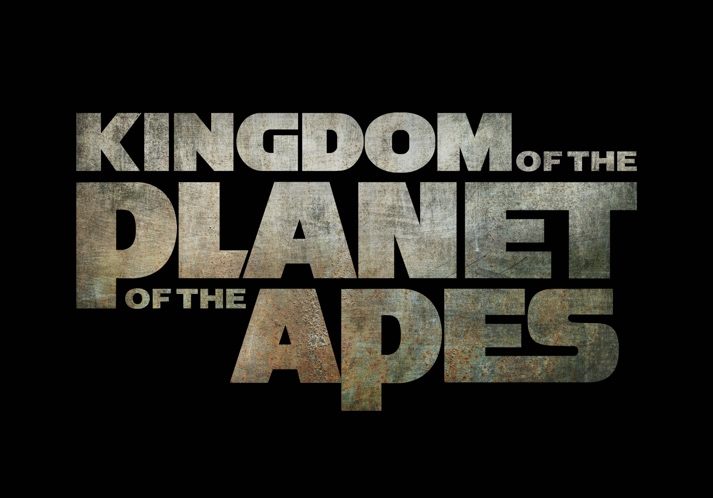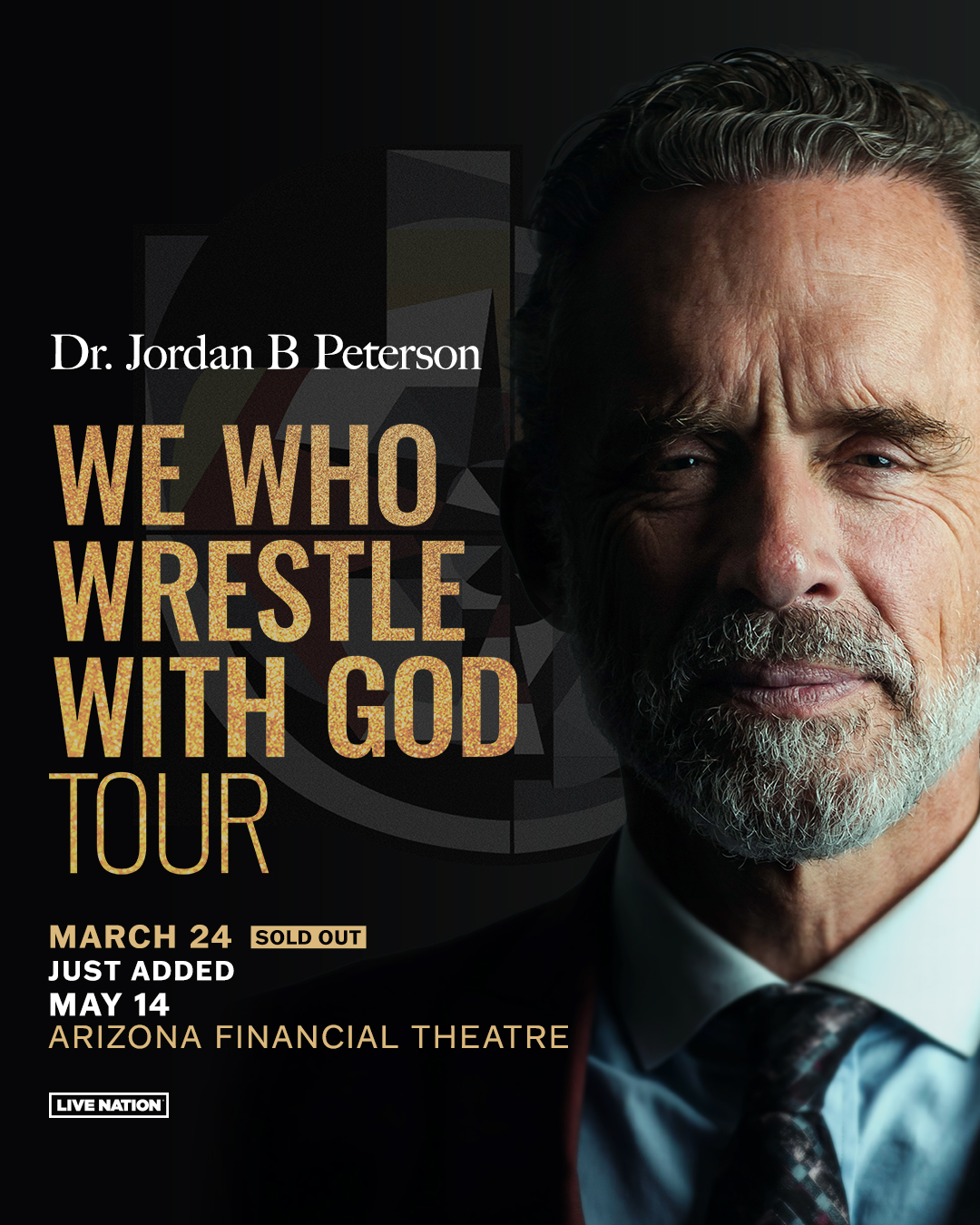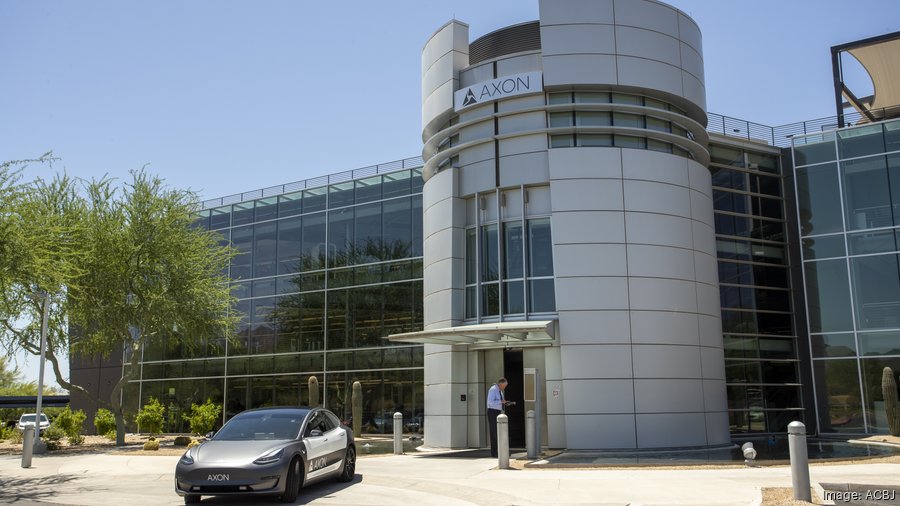Original AP story on the 1963 March on Washington
Aug 28, 2013, 8:04 PM | Updated: 8:04 pm
(AP) – EDITOR’S NOTE _ On Aug. 28, 1963, AP reporter Raymond J. Crowley went to the National Mall and chronicled the March on Washington for Jobs and Freedom, which went on to become one of the most famous political rallies in U.S. history. Writing in the language and style used by journalists of his era, Crowley duly noted a wide range of details about the event, from the size of the crowd and the songs the marchers sang to President John F. Kennedy’s reaction, the Rev. Martin Luther King Jr.’s “I Have A Dream” speech, and the three arrests made by police. Fifty years after its original publication, the AP is making this story available to its subscribers.
___
WASHINGTON (AP) _ In a great, dramatic demonstration, more than 200,000 Negroes and white sympathizers massed before the Abraham Lincoln Memorial today and demanded across-the-board abolition of race discrimination.
Then, after the “march for jobs and freedom,” President Kennedy asserted that “the cause of 20 million Negroes has been advanced” by the gigantic, orderly assemblage.
Kennedy conferred with 10 march leaders at the White House and issued a statement pledging a continued drive for civil rights legislation, for the removal of job barriers, for better education and full employment.
It was appropriate, he said, that the demonstration was conducted before the nation’s shrine to the Great Emancipator. The contribution thus made to the Negro cause is great, he said, “but even more significant is the contribution to all mankind.”
By special train, plane, buses by the thousand, private automobiles and even in some cases on foot, the marchers poured into the capital. As they headed homeward tonight, the small army of police and National Guardsmen mustered to cope with feared disorder could report that only three arrests had been made _ and not one of these was a demonstrator.
Though the temperature was a balmy 84 and a cool wind stirred, many marchers fainted by the wayside. More than 1,700 were treated at first aid tents or hospitals for ills such as ribs fractured in the crush, headaches and insect bites.
Gathering around the Washington Monument, the great sea of humanity moved toward the Lincoln Memorial, which enshrines the marble statue of the man who freed the slaves 100 years ago.
Softly, as they went, they chanted the familiar civil rights hymn:
“Deep in my heart I do believe … some day we shall overcome.”
And a forest of placards moved with them. Some of these struck a religious note:
“God of wisdom, God of fewer, can America deny freedom in this hour?”
Others were more down-to-earth and slangy:
“No U.S. dough to help Jim Crow!”
Of all the speeches at the memorial, the one that drew the strongest applause was made by the Rev. Dr. Martin Luther King Jr., head of the Southern Christian Leadership Conference. Departing from his advance text, he said:
“I still have a dream, a dream deeply rooted in the American dream that one day this nation will rise up and live up to its creed: We hold those truths to be self-evident, that all men are created equal.”
“I have a dream that one day in Alabama, little black boys and little black girls will be able to go hand in hand together with little white boys and little white girls as brothers and sisters.
“This is the faith that I will take down to the South _ that out of this mountain of despair, I can find a soul of brotherhood.
“Let freedom ring from every hill and molehill in Mississippi, from every city and state in the country.”
When King finished, there were cries of “he’s a powerhouse,” and even one shouted salute to “the next president of the United States.”
John Lewis, chairman of the Student Nonviolent Coordinating Committee, toned down a fiery speech he had prepared.
It was learned from a competent source that the Very Rev. Patrick A. O’Boyle, Roman Catholic archbishop of Washington, had served notice he would refuse to give the invocation unless the speech were changed. He was said to consider it inflammatory and contrary to the constructive purpose of the gathering.
Lewis confirmed that he had been forced to “capitulate” into making changes. He told a reporter that the archbishop had “said he would not appear on the same platform with a speaker making this and some other statements in my speech.”
So out came such passages as:
“We cannot depend on any political party, for both the Democrats and Republicans have betrayed the basic principles of the Declaration of Independence.”
In the advance text, Lewis said the Kennedy civil rights bill is “too little and too late” and “we cannot support it.” Upon delivery, Lewis said “we support the administration’s civil rights bill, but with reservations.”
At 7:55 p.m. EDT, the last of the 23 special trains departed, and by 11 p.m. Union Station and the city’s two main bus terminals showed little sign of the earlier traffic load. The Washington Monument and the Lincoln Memorial areas, scene of a vast gathering just hours before, were virtually deserted.
Police Chief Robert V. Murray, meeting with newsmen tonight, pronounced it a “very orderly demonstration.”
Asked to estimate how many of the demonstrators were Negroes and how many white, he said he believed about 90 percent were Negroes.
A holiday atmosphere pervaded the city. Many government workers took the day off and many business offices closed. Stores in the downtown area were largely deserted.
William H. Press, executive vice president of the Washington Board of Trade, said that while he had no actual figures “I imagine business is off 80 percent. … There’s nobody in the stores.”
Congregating at the Lincoln Memorial, the vast audience stretched far back toward the east end of the magnificent reflecting pool _ toward the spot where in a semi-circular, separate pool, water lilies bloomed.
At the memorial, they heard many speeches, many songs and spirituals. They heard speakers demand passage of President Kennedy’s civil rights bill _ and much more.
A. Philip Randolph, 74-year-old prime promoter of the march, struck at those who want to amend the program to exempt little establishments from the proposed anti-discrimination ban _ places like “Mrs. Murphy’s boarding house.”
“We must destroy the notion,” said Randolph, the president of the AFL-CIO Brotherhood of Sleeping Car Porters, “that Mrs. Murphy’s property rights include the right to humiliate me because of the color of my skin.”
A great cheer went up when Randolph announced that more than 150 members of Congress were in seats on the broad marble steps of the memorial.
Film star Burt Lancaster unrolled a scroll he had brought with him by plane from Americans in Paris. It expressed fervent hope that all America would be “liberated from the prison of their biases and fears.”
Marlon Brando of films was there, too, carrying with him a cattle prod of a type he said has been used in some places to make civil rights demonstrators move on.
“This instrument will burn you,” he said. “I’ve seen the scars on people.
“But we must not believe that Southern people are entirely responsible. We are all responsible, East and West too.”
What effect the march would have on Congress remained to be seen, though Ralph Bunche, world-known American Negro official of the United Nations, told the throng:
“Anybody who cannot understand the significance of your participation here today is blind and deaf.”
Coming here by train, plane, bus, auto _ and even some on foot _ the throng built up slowly but steadily to the estimate of 200,000, including Washingtonians.
Despite advanced predictions by critics of possible wholesale disorder, the marchers _ who numbered black and white, Protestants, Catholics and Jews _ were studiously polite to one and all as they assembled and then marched to the Lincoln Memorial on the bank of the Potomac.
As the meeting went on, police reported only two arrests had been made thus far _ neither one of them demonstrators. One was identified as a deputy leader of “the American Nazi Party” who persisted in trying to make a speech, despite police warnings, and the other, a 20-year-old, was alleged to have seized a placard from a marcher and broken it.
A third arrest was reported several blocks away as the meeting was breaking up. Police took a local motorist into custody when they found a sawed-off shotgun on the front seat of his car. He was charged with carrying a prohibited weapon.
There were hundreds of cases of heat exhaustion or fainting, most of them released after treatment at first aid stations.
There was one scare when an anonymous caller told police bombs had been planted in the Washington Monument and Lincoln Memorial. This proved false, but for a while the Washington Monument was closed and nobody could ride the elevator to the top of the obelisk.
The carefully drilled force of 5,000 officers _ policemen, police reservists, National Guardsmen _ had little or no occasion to display any muscle. They were aided, in the great task of crowd control, by off-duty Negro policemen from New York and other “march marshals,” wearing golden-hued armbands.
George Lincoln Rockwell, leader of the American Nazi Party, showed up before dawn at the Washington Monument in hopes of holding a meeting despite an official ban.
Police quickly threw out a cordon of 200 men to separate him from the marchers. After some hours, in which few gathered around to listen to him, he marched off with his 70 troopers, saying disgustedly, “I’m ashamed of my race.”
The big demonstration was a unique mixture of revival meeting, picnic and denunciations of what speakers called man’s inhumanity to man.
As the speaking went on many demonstrators _ mostly small fry _ took off their shoes and socks, sat on the edge of the reflecting pool and cooled their feet in the water.
Earlier, many broke out picnic lunches on the monument grounds, queued up at the big military trucks marked “water” and at the many portable restrooms.
Police Chief Murray said the throng was perhaps the largest in the city’s history _ apart from presidential inaugurations.
In fact the crowd was so big that some demonstrators were still coming into town by bus at a time when others were waiting at Union Station to go home by train. These latter decided they could not get near enough to the Lincoln Memorial, and would get a head start homeward.
There were some snafus. For example, Hollywood stars got tied up in traffic and could not get to the Washington Monument on schedule to entertain _ or take a bow before _ the people waiting to start the march.
“Our program is a bit ragged around the edges,” the loudspeakers boomed at this point. “The people who were to appear are evidently a long way from here.”
Philosophically, the crowd began to entertain itself with a deep-throated song: “Freedom is a-coming. Oh, yes.”
Later, singer Marian Anderson arrived at the Lincoln Memorial in tears because she was just seconds too late to sing “The Star Spangled Banner.”
Camilla Williams sang it instead. Later the crowd got to hear Miss Anderson in the spiritual “He’s Got the Whole World in His Hands.”
At the big blue-and-white headquarters tent of the march, many people lined up to sign a pledge:
“I affirm my complete personal commitment for the struggle for jobs and freedom for all Americans. To fulfill that commitment, I pledge that I will not relax until victory is won.”
(Copyright 2013 The Associated Press. All rights reserved. This material may not be published, broadcast, rewritten or redistributed.)








